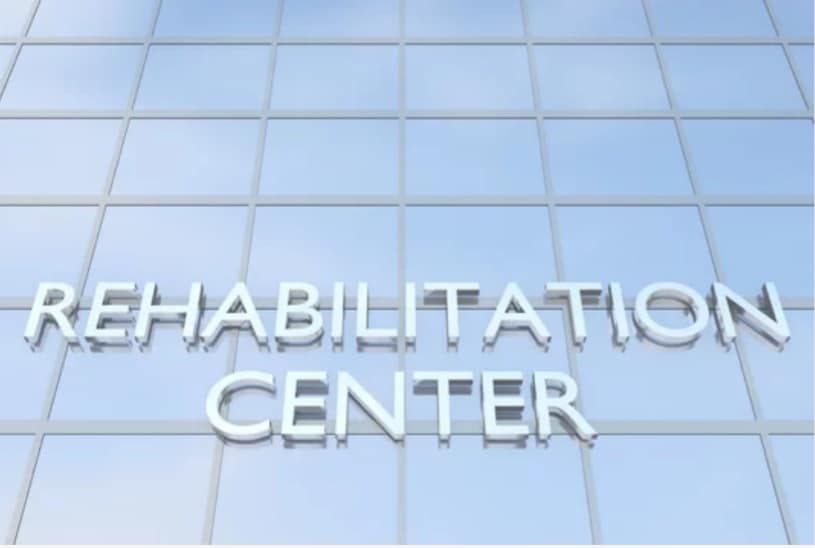Mental health has always been an important aspect of overall well-being, especially during these challenging times brought about by the COVID-19 pandemic. While in-person therapy sessions have traditionally been popular, virtual intensive outpatient programs (VIOPs) have emerged as a popular alternative. In this blog post, we will explore everything you need to know about VIOPs, their benefits, risks, and the process involved.
Virtual Intensive Outpatient Programs are a type of mental health treatment program that provides patients with an online version of the traditional intensive outpatient program. VIOPs are typically conducted online, which allows patients to attend recovery sessions from the comfort of their own homes. The program’s primary goal is to help individuals struggling with mental health issues receive treatment in a more flexible way.
One of the advantages of VIOPs is that they are usually more affordable than traditional in-person therapy sessions. This can be especially helpful for individuals who are on a tight budget or do not have insurance coverage for mental health treatment. VIOPs allow you to receive treatment for your mental health issues without breaking the bank.
Another great benefit of VIOPs is the flexibility they offer. You can participate in VIOPs from anywhere that has internet access, and appointments can often be scheduled around your work or other commitments. This flexibility is perfect for busy individuals who want to prioritize their mental health without compromising other areas of their life.
Types of Mental Health Issues
Anxiety disorders
Anxiety disorders are the most common mental health issues, affecting 18% of the U.S. population annually. These disorders involve feelings of fear or worry, which can interfere with daily life. Generalized Anxiety Disorder, Obsessive-Compulsive Disorder (OCD), Panic Disorder, Post-Traumatic Stress Disorder (PTSD), and Social Anxiety Disorder are some common types of anxiety disorders.
Mood disorders
These disorders involve fluctuations in mood, which can affect a person's day-to-day life. Depression, also known as Major Depressive Disorder (MDD), is the most common mood disorder, affecting around 17 million adults in the United States each year. Bipolar disorder is another mood disorder that involves extreme mood swings, from high (mania or hypomania) to low (depression).
Psychotic disorders
Psychotic disorders affect a person's thinking and perception, leading to delusions, hallucinations, and other symptoms. Schizophrenia is the most well-known psychotic disorder, while Delusional Disorder and Schizoaffective Disorder are others.
Personality disorders
Personality disorders are characterized by ingrained patterns of thinking, feeling, and behaving that deviate from cultural norms. These disorders typically begin in adolescence or early adulthood and can affect personal relationships, work, and other areas of life. Borderline Personality Disorder, Obsessive-Compulsive Personality Disorder, and Narcissistic Personality Disorder are some common types of personality disorders.
Eating disorders
Eating disorders involve unhealthy relationships with food or body image, which can lead to physical, emotional, and social problems. Anorexia Nervosa, Bulimia Nervosa, and Binge-Eating Disorder are some common types of eating disorders.
VIOPs are conducted via video conferencing, which means that patients participating in the program can receive treatment from the comfort of their own homes. This is especially helpful for individuals who are unable to leave their homes due to mental health issues or other medical concerns. With VIOPs, you can receive the care you need without having to worry about transportation or mobility issues.
VIOPs are just as effective as in-person intensive outpatient programs, and they offer the same level of personalized care. Mental healthcare professionals work with patients to develop personalized treatment plans that address their specific needs. Patients receive regular therapy sessions, group therapy, and other forms of mental health support. The only difference between traditional IPOs and VIOPs is the medium through which treatment is delivered.
Virtual Intensive Outpatient Programs are an effective and affordable way to receive mental health treatment in today's fast-paced world. The flexibility, convenience, and affordability offered by VIOPs make them an excellent option for individuals who need to prioritize their mental health while meeting other life demands. Despite their limitations, VIOPs are one of the most convenient and flexible ways to receive mental health counseling. They can be a great option for individuals looking to improve their overall wellness.

